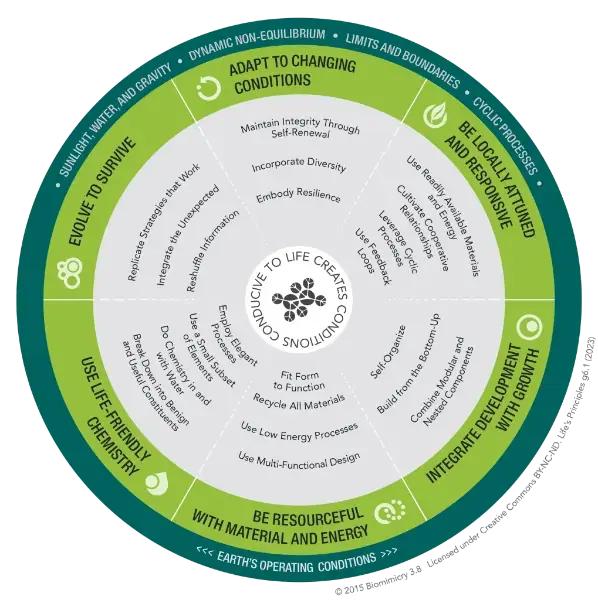LEARN FROM NATURE
We can learn from nature how to build resilience and nurture biophilic health for life in a changing world and climate.
Learning to be resilient is about being well adapted to life on Earth, where our thoughts, actions, activities, and relationships are life affirming rather than diminishing or destructive, and like nature, create the conditions for all life to flourish.
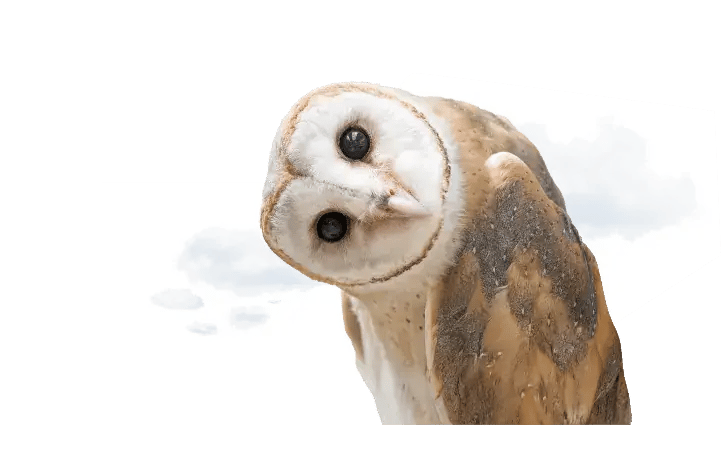
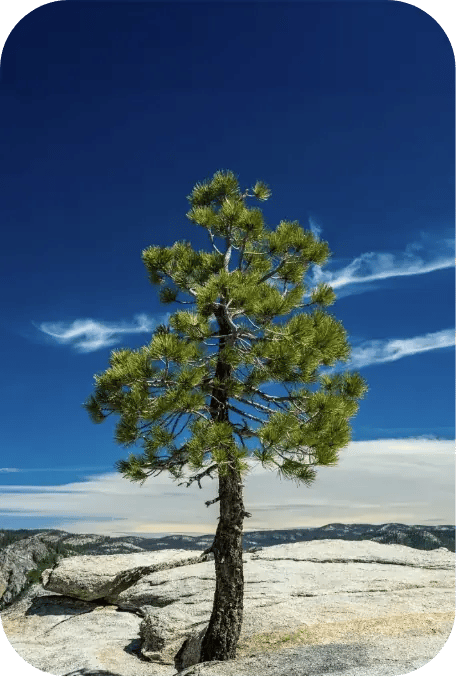
Nature holds life’s secrets for resilience and Biophilic Health for life.
The earth holds 3.8 billion years of life experience, offering time-tested strategies for surviving and thriving- wisdom we can integrate into our everyday lives by reconnecting with nature. In fact, learning from nature is an ancient practice rooted in many Indigenous cultures around the world. It is also the basis of biomimicry - a growing field that looks to nature’s intelligence to design sustainable, innovative, and life-supporting solutions to human challenges.
Nature Inspired Innovation - Biomimicry
Nature- inspired innovations are all around us- from leaf inspired solar panels, to gecko-like medical tape and transportation systems that mimic the movement of ants!
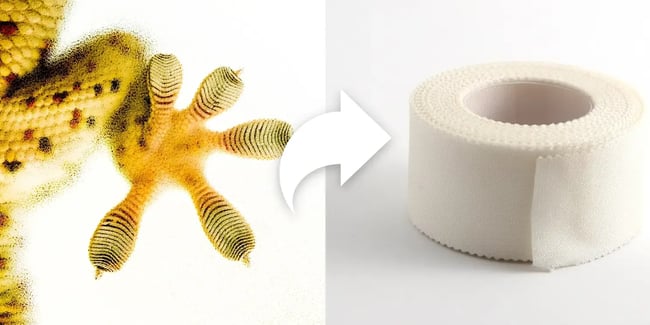
Gecko Inspired Adhesives

Leaf Inspired Solar Panels
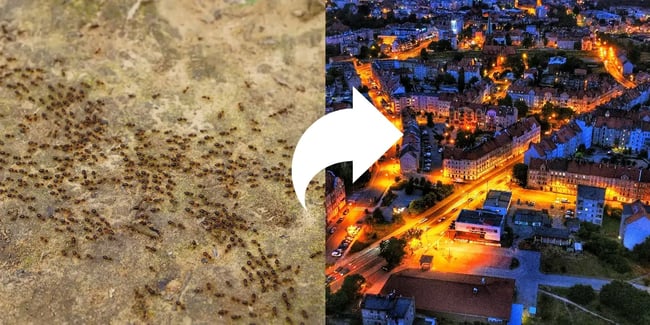
Streets inspired by ants
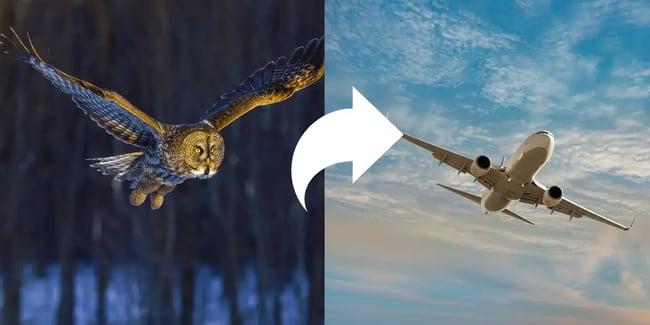
Birds and Flight
Biomimicry Life’s Principles
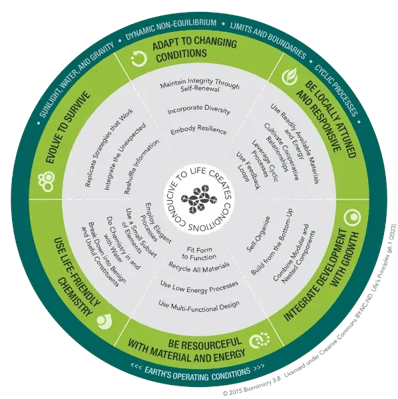
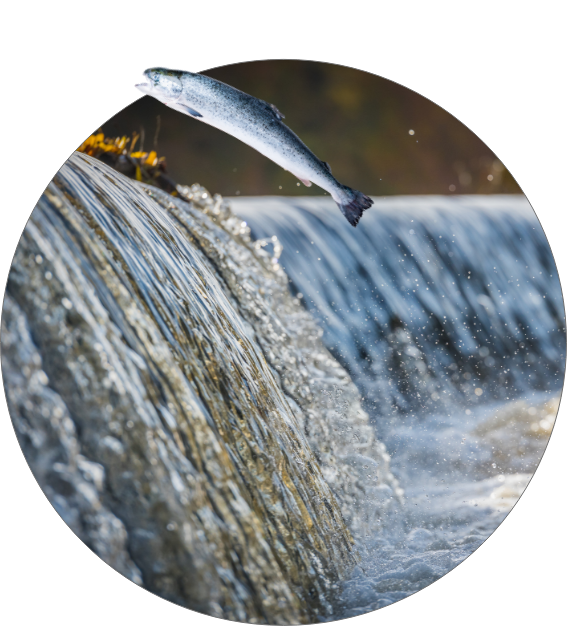
Resilient by Nature
Nature is an expert on resilience. By re-aligning our minds and actions with nature’s strategies, we unlock the path to greater resilience and biophilic health for life.
Nature models resilience.
Across the natural world, animals and ecosystems show us how to bounce back, adapt, and thrive under pressure. Among countless examples, four natural resilience strategies stand out. Seen across species, and reflecting common human-nature functions that underpin resilience and wellbeing, these strategies offer a natural language and pathways for nurturing health, resilience, and wellbeing- biologically, psychologically, socially and ecologically.
Each strategy is drawn from nature’s intelligent design and aligned with Biomimicry’s Life’s Principles —time-tested patterns that help living systems survive and thrive. When we learn from these principles and strategies and apply them to our own lives, we unlock pathways to greater resilience and biophilic health for life.
4 Natural Resilience Strategies
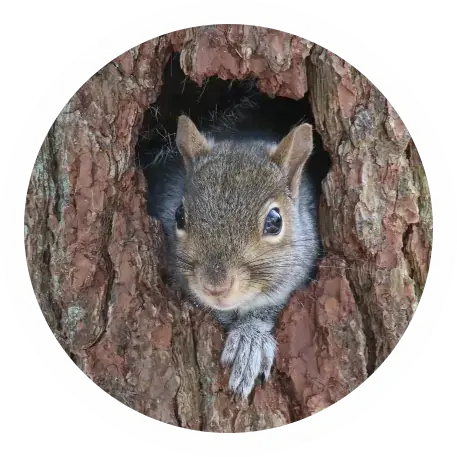
PRACTICE SELF CARE
By renewing and restoring yourself through a balance of activity, rest, and reflection
Resilience begins with learning how to take care of yourself by tuning into your body, recognizing your needs, and creating space for renewal. In nature, living organisms like squirrels and trees self-regulate by managing their energy and adjusting their behavior or physiology to survive changes in climate, resource availability, and environmental stress. Nature reminds us that self-care Nature reminds us that self-care is a vital strategy for resilience.
This strategy supports the development of:
- Interoceptive and body awareness
- Emotional insight and expression
- Thought observation and self-reflection
- Emotional and behavioral regulation
- Stress management and energy pacing
- Rest and renewal routines
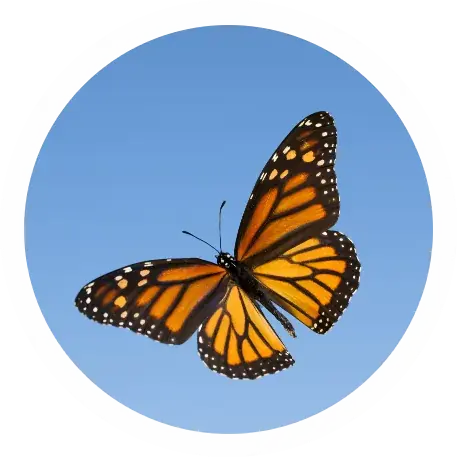
BE A CLEVER SENSOR
Who tunes into all senses and learns through experience and feedback
Resilience grows through awareness. Being a clever sensor means tuning into your surroundings, trusting your senses, and noticing how your body and mind respond to different situations. Monarch butterflies are excellent models because they sense environmental changes, learn through experience, follow inherited migration paths, and pass survival knowledge across generations. Like them, we build resilience by learning from feedback, learning healthy patterns, and staying responsive to our environment.
This strategy supports the development of:
- Focused attention and presence
- Self-awareness and emotional regulation
- Thought observation and cognitive flexibility
- Perspective-taking and environmental sensitivity
- Learning from feedback and experience
- Physical literacy and sensory integration
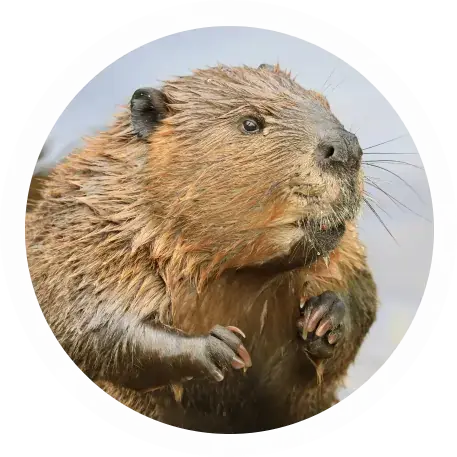
BECOME A NATURAL ARCHITECT
Able to reshape your mindset, habits, and surroundings for the better
Resilience involves shaping both our outer world and inner life with intention and creativity. Becoming a natural architect invites us to design supportive habits, environments, and thought patterns that foster growth and well-being. In nature, beavers build ecosystems through dam construction, while honeybees design efficient hives and sustain biodiversity. Like them, we can create conditions that support life—inside and out—by choosing patterns that are life-affirming rather than diminishing.
This strategy supports the development of:
- Cognitive flexibility and future-oriented thinking
- Problem-solving and critical reflection
- Planning and adaptive habit-building
- Growth mindset and personal agency
- Perspective-taking and systems thinking
- Ecological literacy and environmental awareness
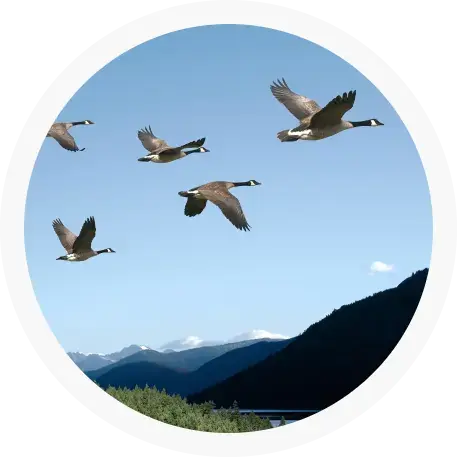
MASTER THE ART OF ATTUNEMENT
By building strong relationships, cooperating with others, and re-aligning with the rhythms of life
Resilience thrives in relationship. Mastering the art of attunement means being in sync with others, nature, and yourself. In nature, birds in flight move together in synchronized formations—creating strong, interconnected communities that share resources, offer protection, and maintain balance in the ecosystem. We too, can learn to co-regulate, communicate, and adapt together in ways that support collective resilience and belonging.
This strategy supports the development of:
- Empathy and emotional intelligence
- Social cue recognition and responsiveness
- Cooperative and prosocial behavior
- Emotional expression and conflict resolution
- Ecological literacy and relational awareness
- Belonging and connection to place


